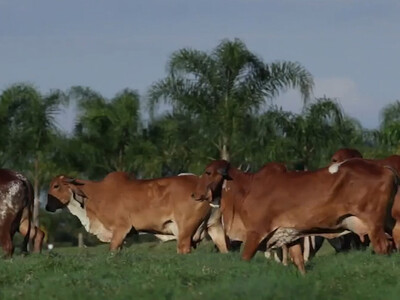Portland Meat Recall, Heatwave & Slowing Beef Exports
A
The weather is heating up across the region. Temperatures last week in some areas topped the 100 degree mark causing some fruit trees to burst with color. My cherry tree is all of a sudden full of bright red fruit. Hot weather may be returning to the northwest as forecasters predict mid to upper 90’s and hotter in some areas heading into the end of the week.
SHAGAM: Some of that is tied to the recession, the fact that there is going to be a little bit less demand for U.S. beef and the strength of the dollar against a variety of currencies which makes our beef a little bit less competitive with other countries.
Now with today’s Food Forethought, here’s Lacy Gray.
You’ve heard of good cop, bad cop; how about good bug, bad bug? No it isn’t a new Pixar movie; it’s the basis behind using living organisms to control pests in fields and orchards. Farmers and fruit growers are learning to conserve existing beneficial insects by providing them with habitats and utilizing pesticides that will not harm them in order to have them do what they do naturally, seek out and destroy their natural enemies, the grower’s unwanted pests. Backyard gardeners have enjoyed for years the benefits of having ladybug larva and praying mantis in or around their gardens, where both species can eat a large number of pests in their short life spans. With the ever growing green consciousness, the future of pest control could very well depend on biological control agents. Increasing the awareness of biological controls could help eliminate overuse of chemical pesticides that can affect many species other than the intended target pest. It could also save growers money by reducing the amount of pesticide applications.
Thanks Lacy. That’s today’s Northwest Report. I’m Greg Martin on the Northwest Ag Information Network.














